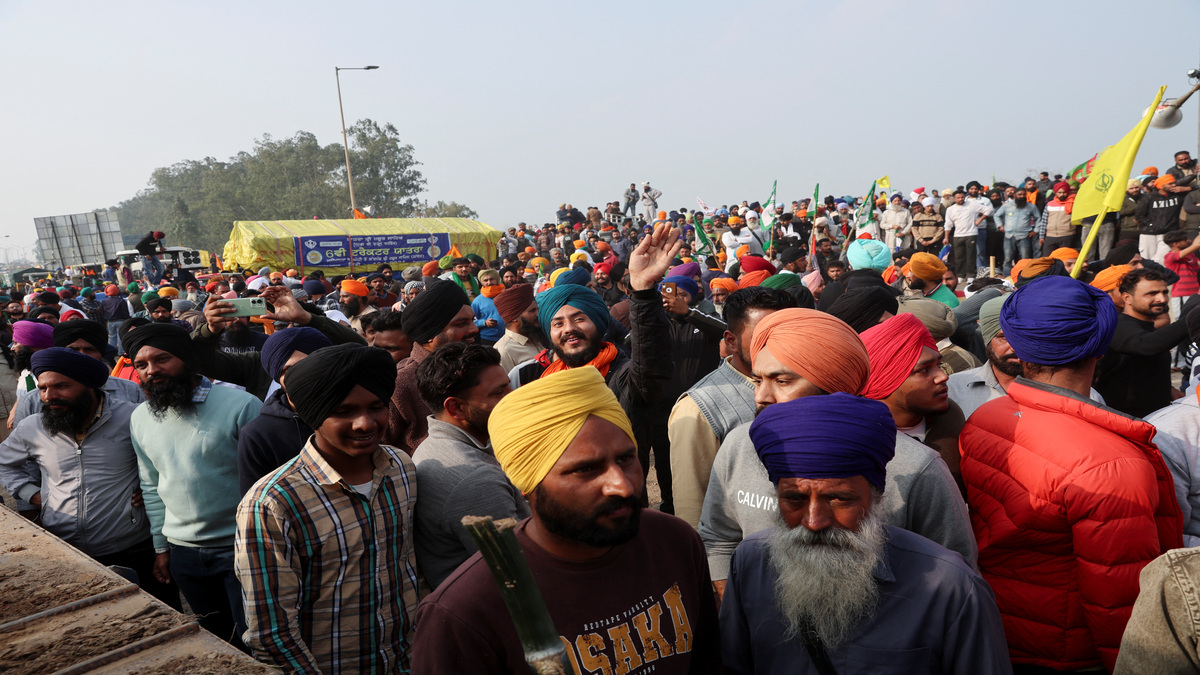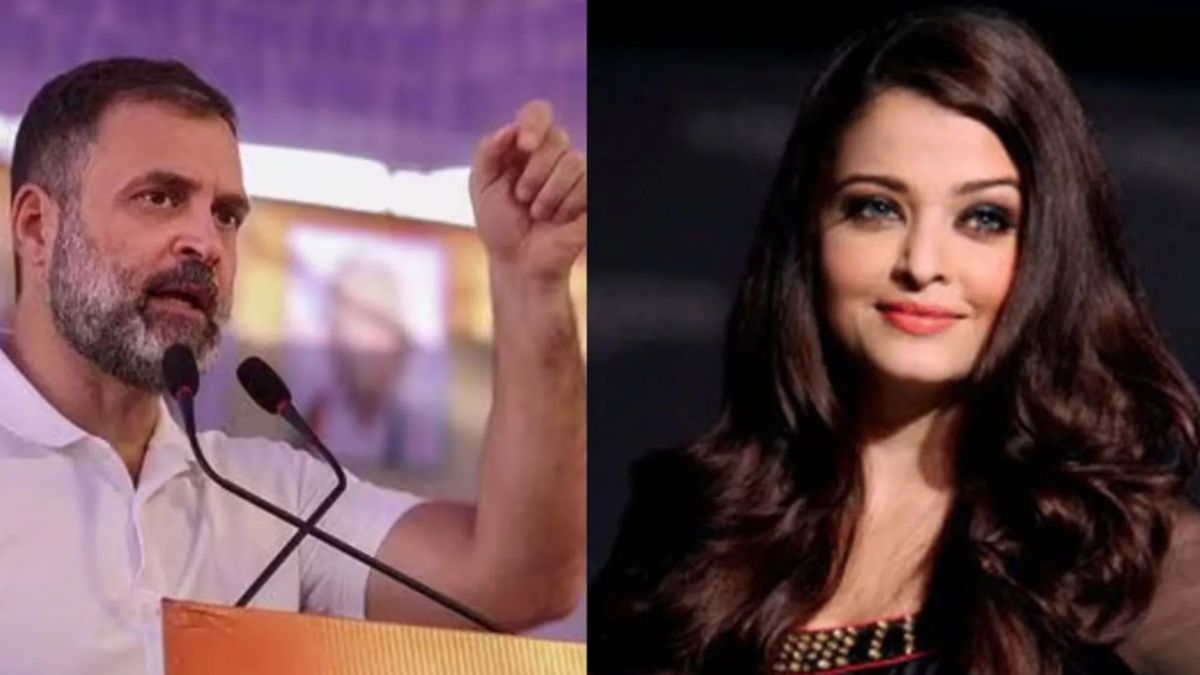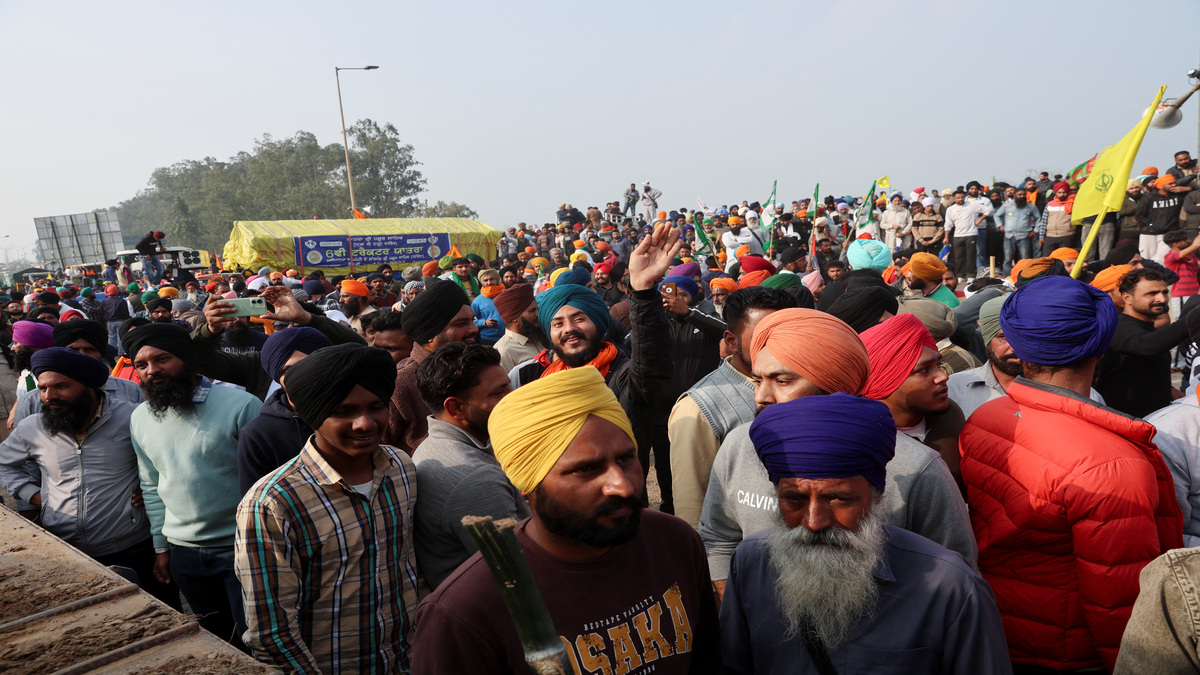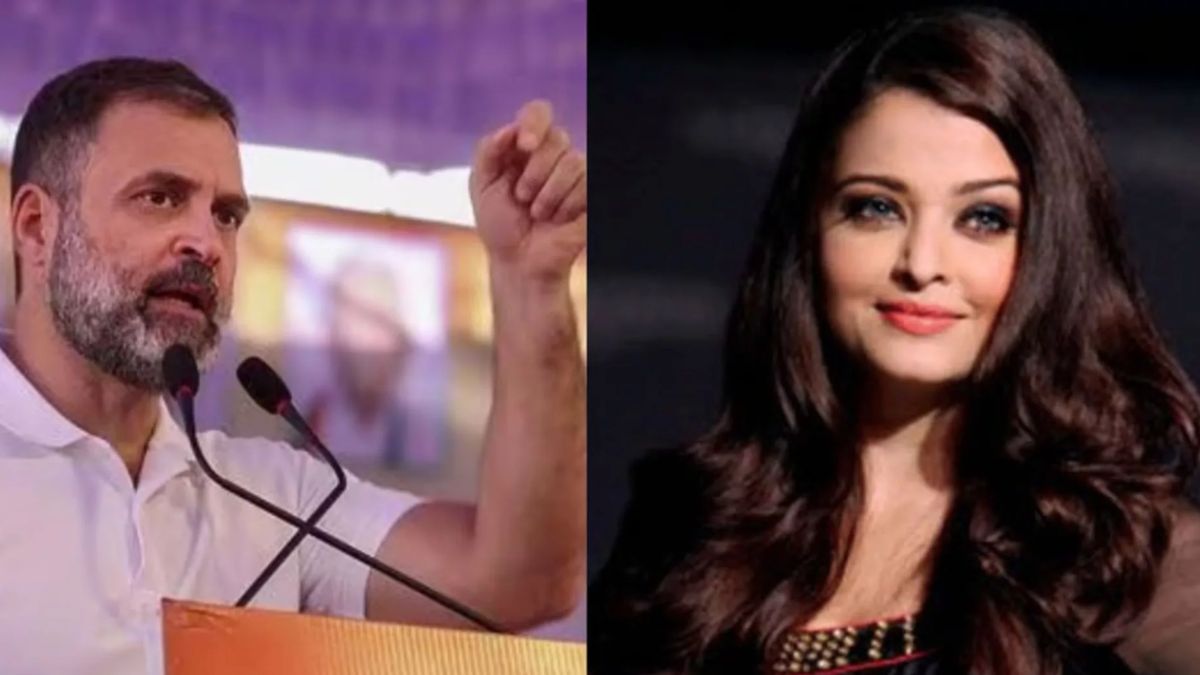“Jats are not communal people. We live in our own way. Musilm Jats are part of our social network. We never had anything to do with Hindutva,” says a rather excitable Ramesh Malik. “We voted for the BJP in 2014 because we felt it was the best choice available. We wanted to punish the government at the Centre and the state government backing it. That is all about Jat votes swinging in favour of the BJP.”
At Bharat Kisan Union (BKU) president Rakesh Tikayat’s residence, on the outskirts of Muzaffarnagar, he was responding to questions on whether the Jat community had taken the Hindutva turn and what explains their anger against the BJP now.
Before we proceed, a little update on political developments in western Uttar Pradesh, the Jat heartland, is in order. The community which voted overwhelmingly in favour of the BJP in the general election of 2014 appears to be upset with the party. With the Samajwadi Party and the Bahujan Samaj Party not being automatic choices for the Jat community, a considerable chunk of the social group has decided to vote for the Ajit Singh-led Rashtriya Lok Dal. A Jat mahapanchayat held at Kharad village in January had asked its members not to vote for Narendra Modi’s party. It is not aiming to have a chief minister of its own; it just wants to punish the BJP. It feels it was used and dumped.
It is obvious that the community is not sold on the BJP’s promise to clear arrears of sugarcane farmers or waive farm loans on small and marginal farmers.
Rakesh Tikait, son of the legendary farmers’ leader Mahendra Singh Tikait, does not believe the anti-BJP mood is linked to the issues of farmers. “We are a farmers’ body. We ensure that we get what we must through agitations. The members of the Jat community are free to vote for who they want. We haven’t issued any instruction to farmers to vote this way or that,” he says, evading a satisfying answer. BKU is known to have been involved in Jatland politics. But how can one see farmer’s issues and Jat politics as separate entities?
Malik, who is associated with BKU but is not an office-bearer, provides the answer. It’s about the Jat ego, which the BJP has hurt badly during its nearly three year in power, he explains. Choudhury Ajit Singh is not a great favourite in the community. The Jats had rejected him in 1996 and had no qualms in doing so in 2014. But the way the BJP government in Delhi treated him in 2014 was considered an insult to the community.
Around September that year the Union government had slapped an eviction notice on him besides a steep fine for holding on to his official residence. He had earlier written to the government seeking to turn the residence into a memorial for his father Choudhury Charan Singh. It was rejected. After this, thousands of his supporters had protested the move to evict him. Protesting against their leader’s ‘insult’ at Muradnagar, even BKU protesters had threatened to cut off water supply to Delhi. A request from then Chief Minister Bhoopinder Singh Hooda to Urban Development minister Venkaiah Naidu in support of Ajit Singh was also overturned.
“This development hurt the Jat pride,” says Malik. But didn’t the Jats still vote for the BJP in Haryana? “Yes, but it was the beginning.” The BJP’s reaction to the Jat quota agitation in Haryana was the next provocation.
“After making a promise on it, the BJP showed no intent of pursuing it. The Jat agitation turned violent and many youth were arrested. There were allegations that women were molested. Have the Jats come this low? They can be a bit headstrong and aggressive but they certainly have a sense of dignity,” Malik says, adding, “Eighty-five percent of Jats will vote against the BJP this time.” Tikait disagrees with the number but does not refute the reasons for anger in the community.
Speaking to Firstpost at his residence in Muzaffarnagar, Ashok Baliyan, chief of Peasants Welfare Organisation who’s also well-versed in Jatland politics concurs, “Jats in Haryana and Uttar Pradesh are not different people. Both think alike on the issue of reservation and insult to Ajit Singh. Of course, they are not happy with the BJP. But the party will still get good votes. Jats are divided on it.”
Probe further and he accepts that the dislocation of the local economy due to the riots in 2013 is a reason for the Jat annoyance. Muslim labourers to work in the fields are gone. Now the farmers have to hire more expensive farm hands from Madhya Pradesh, Chhattisgarh and Bihar. “This is not a big reason for the current anti-BJP mood though,” he says.
Ask him whether the RLD will be a beneficiary, he strongly disagrees. “Can Jat votes only ensure him seats? Who else is with him? Muslims have gone to either the Samajwadi Party-Congress alliance or to the BSP. Dalits are with the BSP. Can Ajit Singh win on his own?”
That is a valid question. But the bigger question is whether the BJP can still manage a respectable show. “All equations can change overnight,” Malik says. The BJP would hope it does.


)




)
)
)
)
)
)
)
)